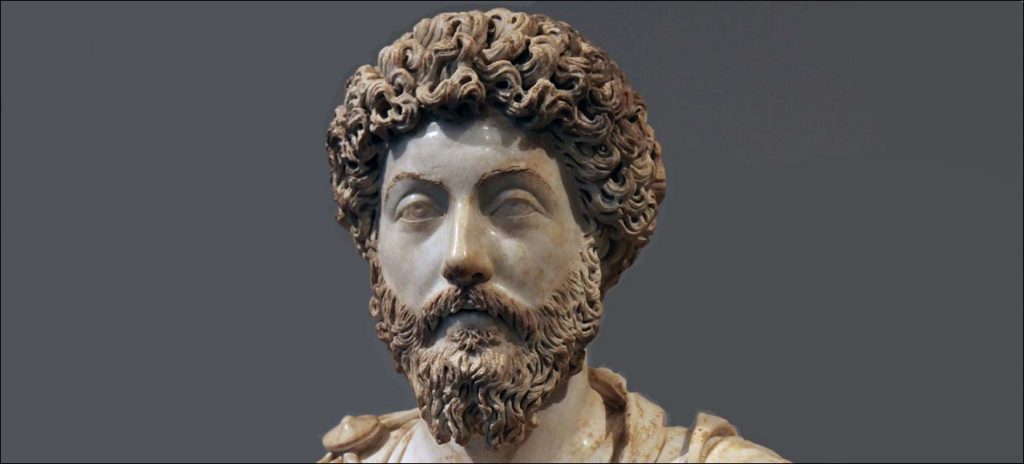
A man’s worth is no greater than his ambitions. – Marcus Aurelius
Dream big. Reach for the sky. You can be anything you want to be. These are the things we were told as children, and the things we continue to tell our children. And what images does this advice conjure? Fleets of chauffeur-driven Bentleys. The finest restaurants. Adulation of the masses. Maybe even impressing Simon Cowell and the X-factor jury.
Perhaps. My opening quotation from Marcus Aurelius is often used grievously out of context. On the face of it, it suggests that we should all dream of doing ‘great’ things, and aspire towards the material rewards associated with them. Indeed, it could be used as a justification for such goals. But Aurelius wasn’t finished there.
‘Alexander, Caesar, Pompey – what were they besides Heraclitus, Diogenes, Socrates? These last looked at things and their causes and what they are made of; and their master-spirits were cast in one mould. But the others – what a host of cares, what an infinity of enslavements!’
Surely when measuring the scale and worth of a man’s ambition, it’s to the image of the conqueror we turn. What can compare to their fortunes, their influence, their glory? After all, what is money and power if not a means of mastering the material realm? The more we have of it, the more we can bend the world around us to our will.
But Marcus Aurelius was no less than the emperor of Rome, the greatest civilisation of its age, and his experience taught him otherwise. Even in this exalted position, with all this great wealth and power at his disposal, he knew that the world was beyond his control. Any attempt to ‘master’ it could only end in frustration, anger and defeat.
So in his wisdom be looked not outside to mastery, but inside – hence his exaltation of the philosophers. Where most take the word ‘goods’ to mean possessions, he thought this definition vulgar. He reframed ‘goods’ as virtues of character, such as prudence, temperance, justice and fortitude. These are the things worthy of our striving – personifying these qualties makes for a worthy ambition.
In more modern therapeutic terms, we can reframe this into a debate of extrinsic goals versus extrinsic values, something I discussed in my post on building resilience. While there is nothing wrong with extrinsic goals per se, they can become toxic if they come into conflict with our intrinsic values, which describe the person we want to be – e.g. prudent, just, wise. These don’t have to be confined to abstract nouns either – being a good parent, a compassionate citizen and so on make for fine values. If our extrinsic goals override these values, we compromise ourselves in achieving them, and any success we find will be hollow as a result. In the words of Aurelius:
Excluding then the delusions of fame, what is there left to be prized? In my judgement it is this: to work out, in action and inaction alike, the purpose of our natural constitutions. Abandon all other ambitions you cherish or else you will never be your own master…
